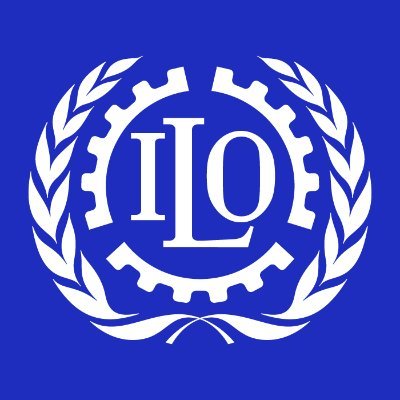The International Labour Organization (ILO) is launching the Digital Information Systems for collaborative
work to end child labour, forced labour and human trafficking.
The fight against child labour, forced labour, modern slavery and
human trafficking includes a wide array of stakeholders including different
government institutions, such as Ministries of Labour, Education, Social
Development, Statistics Offices, protection and prevention programmes, workers’
and employers’ organizations, civil society organizations, among others.
Effective responses to end these human rights violations require a great deal
of coordination between all these stakeholders.
What are pathfinder countries looking for that
could be addressed through digital solutions?
- Have access to real time data
on child labour, forced labour and human trafficking cases even in areas
with limited connectivity.
- Reduce the amount of time
between the identification of child labour, forced labour and human
trafficking cases and the referral to protection systems or programmes.
- Promote coordination and
information sharing between national and subnational stakeholders
- Information systems/frameworks
that allow the involvement of multiple actors and provide means to make
different information systems complementary and compatible.
- Cross-border information
sharing to tackle human trafficking.
- In countries that are close to
eradicating child labour, digitalised case management with cross reference
to relevant stakeholders to allow identification and early prevention of
children at risk of exploitation
- Some countries have set
themselves the challenge to integrate all topics under SDG Target 8.7,
including child labour, forced labour and human trafficking under one
single framework: this involves an even wider array of stakeholders and
systems to coordinate.
- Relevant and real time data
that allows for improving the design and therefore effectiveness of public
policy.
- Information management
systems/frameworks that reinforce identification and prevention by
triggering alerts for areas at higher risk, thus facilitating decision
making and the prioritization of resources.
- Present evidence on ‘what works
or what does not’, in terms of monitoring the impact of national and local
government policy intervention on fighting against child labour, forced
labour, and human trafficking;
- Monitor and assess the impact
of the COVID-19 crisis on child labour, forced labour, or human
trafficking;
- Leverage the role of technology
and AI in combatting child labour, forced labour, and human trafficking
(e.g. monitoring and measurement).
Funding Information
Financial Support: USD 30,000 to develop and
implement the proposed solution. One winning digital innovation proposal will
be chosen to receive additional support from the from Research to Action
Project to implement their project of up to USD 20,000 if it includes a
compelling plan for innovative financing or shows the greatest potential for
scaling up to other national contexts, through innovation financing mechanisms.
Eligibility Criteria
- Alliance 8.7 welcomes applications
from its partners and from any individual or any formally constituted and
registered organization/company. By organizations, they mean government
agencies, NGOs and civil society organizations, public and private
enterprises, regional and sectoral bodies and research organizations,
cooperatives, education and training institutions including universities.
- The idea to be submitted can be
a joint collaborative effort by several stakeholders of those: in such
cases, a project leader should be identified to coordinate with the ILO as
the Secretariat of Alliance 8.7.
- Applicants are expected to
include, among their team members or organization, individuals who have
knowledge of and experience in the different areas necessary to implement
the proposal.
- Ideas and solutions at any
stage of development are welcome. These can be innovations at an early
stage or at a more advanced stage.
- Solutions can come from any
country in the world;they should, however, target pathfinder countries.
These can focus on a single country solution or have a
regional/subregional approach.
- NGOs and civil society
organizations, private enterprises, research organizations, cooperatives,
education and training institutions including universities participating
to the global challenge are eligible and encouraged to include a proposal
for innovative financing mechanisms.
- The Alliance 8.7 reserves the
right to carry out reasonable due diligence, including through the
contacting of references and other third parties to confirm eligibility of
participants and may refuse to award the grant to a participant should
there be a suspicion of any irregularities, fraudulent activities, etc.
Post Date - 29-Jun-2021
